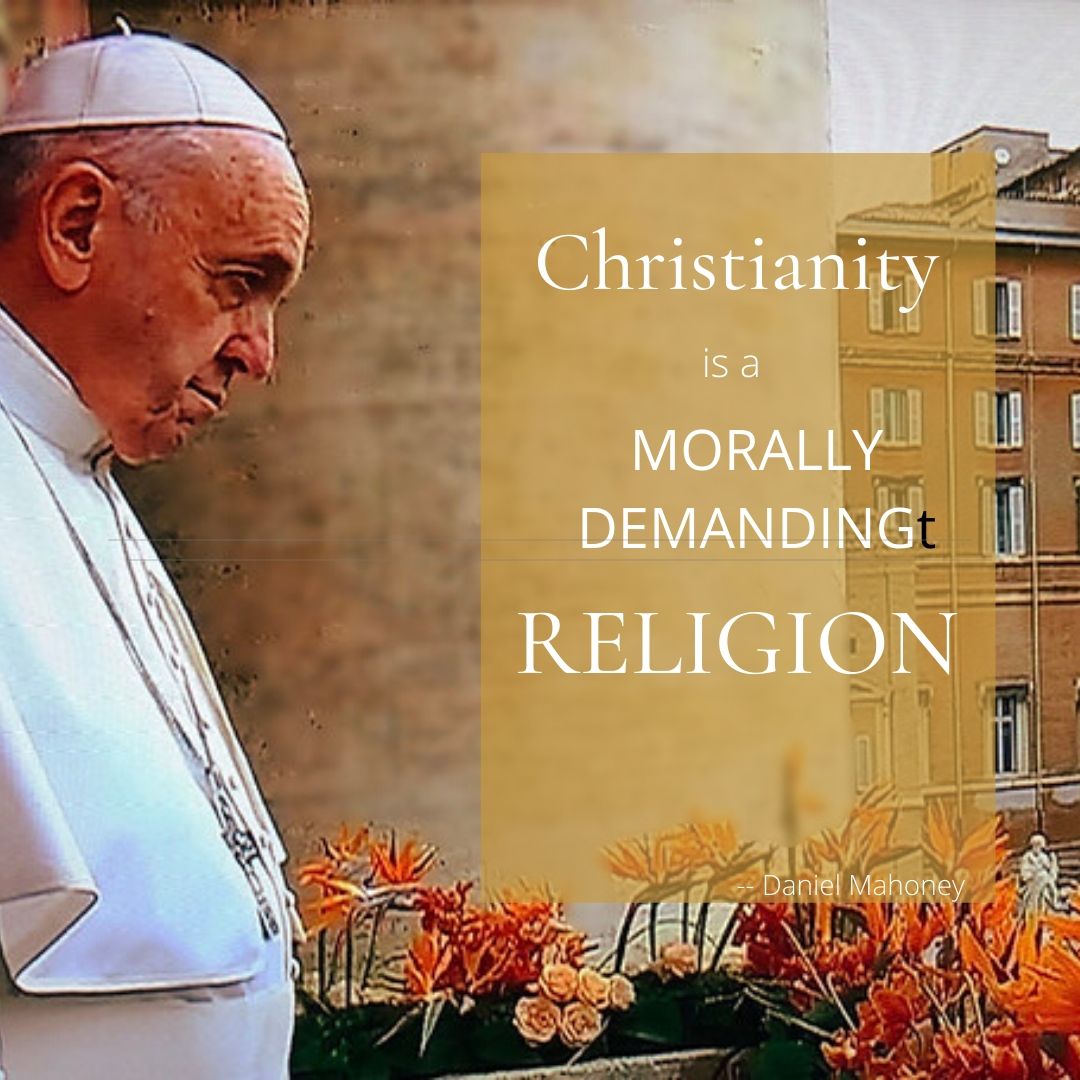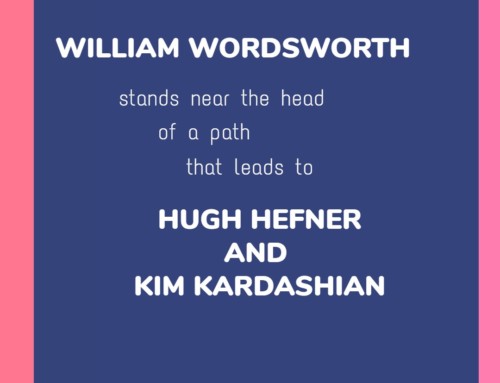I used to read Mormon blogs. It was my favorite way to avoid work every day.
Mind you, I’m not talking about the mommy blogs, where they offered recipes and kids’ activities. I read the brainy-people-complain blogs, where they admitted that motherhood is hard and aggressive missionary tactics are embarrassing and 35 minutes of Sunday School feels like 135. Vigorous, bracing discussion it was.
I disagreed with a lot of what they said because these were also the blogs where women wanted the priesthood, where everybody believed the church should relent on gay marriage, and they all wished church leaders could be more like Pope Francis.
These days, I don’t wander over there much. First, they’ve covered all the good topics. Second, as I read people’s stories, I kept hoping a few of them, or maybe even one of them might say, “XYZ bothered me. But I thought it through, and figured out which of my expectations were reasonable, which were not. I grew. I’m OK.” But no. As a rule, they gave up and left.
In fact, it all got predictable, like figuring out that the dice always rolls a five after it rolls a six. It became apparent that, if you held to a particular worldview, the church would forever disappoint you.
I even had a name for this — postmodern — but Daniel Mahoney, a professor at Assumption College, came up with an even better term. He explains it in his book, The Idol of Our Age: How the Religion of Humanity Subverts Christianity.
This religion loves a “fuzzy sentimentality,” a “’philanthropy’ . . . untethered from the truth of Christ.” It talks mercy, but never repentance. Its “free-floating compassion” for everybody “ignores the fact that genuine love of one’s neighbor is only possible because one discerns in him or her ‘the image of God.’”
It’s a “substitute for religion” and it’s detectable in the words and deeds of Pope Francis.
[H]e is perceived by secular (and some religious) opinion as some kind of “progressive.” People who have never deferred to papal authority or shown any interest in the rich tradition of Catholic social thought have endorsed his proclamations.
But —
Among conservative Catholics there is deep suspicion of the pope and a growing sense that he confuses his personal judgments . . . with the full weight of Catholic wisdom.
Francis-watchers might notice a strong streak of pacifism. This is unacceptable to Catholics and, Mahoney argues, to all Christians. “Christianity is a morally demanding religion that requires imperfect human beings to forgive their enemies. It is incompatible with terrorism, wars of aggression, and cruelty of any sort. But the order of charity demands that legitimately constituted authorities protect those under their care from violence, tyranny, and aggression.”
To be fair, Mahoney sees goodness in Francis. The Pope’s encyclicals are thoughtful documents, urging wisdom on his flock.
The tell is in Pope’s casual remarks, or even the appointment book. When the he visits other countries, who does he see and who does he just never get around to?
Drawing on quotes from thinkers like Aleksandr Solzehnitsyn, Mahoney lays out his observations on the sort of people who have “never deferred to papal authority.”
Haven’t we all heard an atheist say, “I can be a good person, a kind person, an honest person, without believing in some God”? Yes, but where did we all get our ideas about goodness, kindness and honesty? Wasn’t it from religion? As a Dutch historian puts it, atheists “[want] to retain the conclusions while abandoning the premises, to have the water while plugging its springs, to enjoy the shade of the tree after cutting its roots.”
I admire the atheist’s effort, but wonder what he does when doesn’t feel like being honest. I may not live up to my ideals, but I never forget that will have to account for them.
Mahoney quotes Aurel Kolnai: “The irreligious man may fulfill his duties so long as they are pleasant; he may also comply with unpleasant ones so long as the privation of satisfactions they involve is moderate, and there is a recompense in sight on another level of pleasures; but as soon as duty pure and simple confronts the behest of the senses or the possessive instinct, duty will prove weaker; as soon as the man’s morality is put to the ultimate and decisive test, it will break down.”
For those who still want to count themselves as religious, but without all that bother over individual sin, social justice becomes the god. Instead of repentance, it displays “an excessive passion for equality and even an encouragement of envy.”
And a “hyper-moralism,” which you might have noticed lately in public life.
How does it all end up?
Says Kolnai: “What is most characteristic of the full-fledged irreligious mind is not its disbelief in the immortality of the soul but its loss of the desire for immortality.”
And:
“[T]he severing of ties with transcendent reality also determines — subtly and slowly . . . — a desiccation and fading away of man’s psychic bonds with reality pure and simple.”
Mahoney’s book is a challenging read. To be honest, the reader will need two books, one of them being the dictionary. Naturally, I’d urge you to take it on, but if you don’t think you’re up to it, listen to Mahoney here.
Photo credit: Ross Dunn on Visual Hunt / CC BY-SA
Graphic created on Canva.com







Leave A Comment